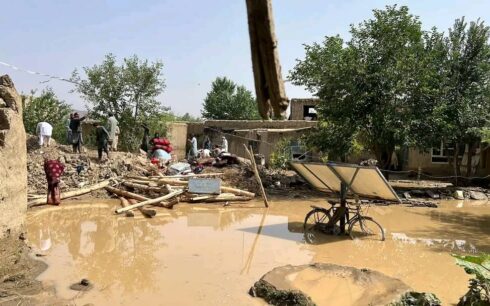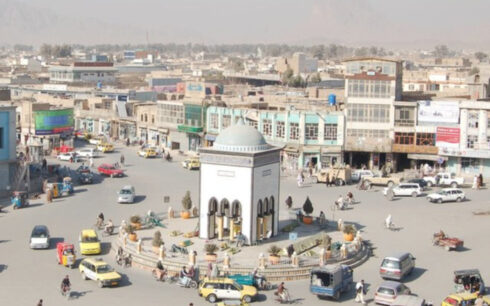Roza Otunbayeva, head of the U.N. Assistance Mission in Afghanistan (UNAMA), emphasized that while the Taliban’s participation in the Doha meeting is essential, no recognition should be granted until human rights issues, particularly concerning women and girls, are addressed.
Speaking at a U.N. Security Council meeting on Afghanistan, Otunbayeva acknowledged the significant expectations surrounding the Doha meeting but cautioned that realistic outcomes cannot be achieved in a single session.
“We are trying to establish a process and preserve an important mechanism of consultation. We must be realistic about how much each meeting in this process can deliver, especially at this early stage where confidence and trust are insufficient,” she said.
Otunbayeva reiterated that no recognition should be granted to the Taliban until issues of women’s rights, girls’ education, and acceptable constitutional frameworks are broadly addressed.
“There were high expectations that restrictions on women’s rights would be forcefully addressed at this meeting. Economic concerns also featured prominently in these discussions,” she added.
The envoys of 22 countries are scheduled to meet with the Taliban in Doha on June 30, followed by a meeting on July 1 that will include members of Afghan civil society and women’s representatives.
Otunbayeva stressed that this would not be the last Doha session, indicating a continuation of the meetings. However, it has been disclosed that discussions on appointing a special envoy, as proposed by Security Council Resolution 2721, and the issues of human rights and women’s rights will not be on the agenda of the upcoming meeting.
The exclusion of women from the main agenda has sparked widespread criticism. Some human rights organizations and activists have stated that the third Doha meeting lacks legitimacy.
“The U.N. and the international community, especially powerful countries that consider themselves champions of human rights, instead of supporting the people of Afghanistan, particularly women, are whitewashing, appeasing, maintaining the Taliban in power, and creating an environment for the recognition of the self-declared Taliban government,” a women’s rights activist said.
Despite this, the appointment of a U.N. special envoy and human rights issues were central topics in the process of the Doha meetings on Afghanistan, as confirmed by U.N. Security Council Resolution 2721 last December.
The United Nations, through this independent assessment and Resolution 2721 in the Doha political process, ultimately aims to reintegrate Afghanistan into the international community, form an inclusive government, ensure women’s participation in political structures, and address the humanitarian crisis.





